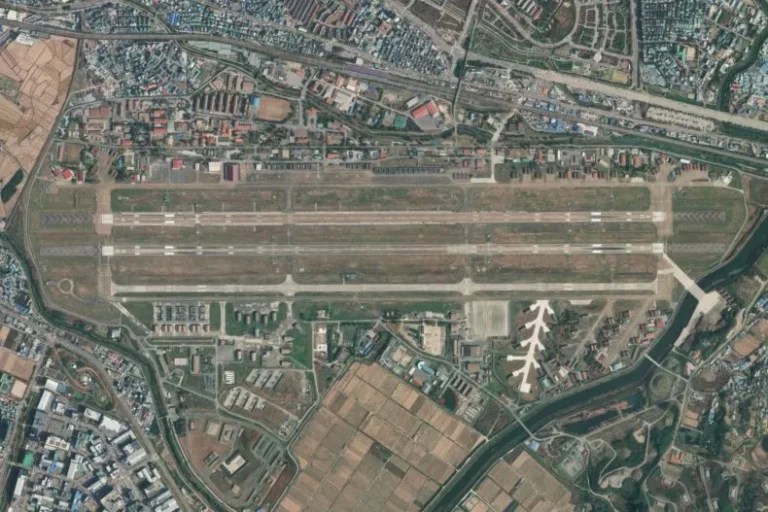South Korea’s National Intelligence Service (NIS) has reported a total of 11 incidents where Chinese nationals illegally filmed key military sites in the country. These unauthorized activities took place between June 2024 and the present. The incidents primarily involved military bases, airports, ports, and other strategic national facilities.
The information was shared during a closed-door briefing with South Korea’s National Assembly’s Intelligence Committee on April 30, 2025. Lawmakers Lee Seong-gwon from the People Power Party and Kim Byung-ki from the Democratic Party of Korea were present at the meeting and provided details to the public.
11 Filming Incidents Identified by NIS
According to the National Intelligence Service, the first incident occurred in June 2024 when a Chinese national photographed an aircraft carrier at the Busan Naval Operations Command. Since then, 10 additional similar incidents have been reported. These incidents have raised concerns over the potential threat to South Korea’s national security.
The targets of the unauthorized filming have largely been military bases, airports, and ports, along with other critical infrastructure such as the National Intelligence Service itself. Most of these filming activities were carried out by temporary visitors, such as tourists and international students, and, notably, some minors, including high school students, were also involved.
Suspicious Filming Activities and Equipment
The NIS pointed out that those involved in the incidents have claimed that their photography was for tourism purposes. However, the agency highlighted several red flags that suggest a different intent. Many of the individuals were found using high-performance cameras and walkie-talkies, which are typically used for more advanced operations. These tools are not usually associated with ordinary tourists, raising further suspicion about the true motives behind these activities.
The NIS noted that the use of such equipment and the act of filming within restricted military areas indicates an attempt to bypass South Korean laws, especially those concerning military bases. The unauthorized activities were analyzed as part of a larger effort to gather sensitive information related to South Korea’s military power.
Low-Intensity Intelligence Activities
The NIS categorized these filming incidents as low-intensity intelligence activities. These operations are not aimed at gathering immediate high-value information, but rather at eroding South Korea’s counterintelligence capabilities. By engaging in such activities, the perpetrators seek to weaken South Korea’s security measures and reduce its vigilance in protecting sensitive information.
The intelligence service emphasized that these efforts are part of a broader strategy to gather military and industrial secrets. The aim appears to be to indirectly influence South Korea’s security posture by causing disruption within its counterintelligence framework.
Response Measures and Legal Revisions
In response to the rising number of unauthorized filming incidents, the National Intelligence Service has begun preparing a response manual. The NIS is working to enhance its capabilities by seeking expert advice on counterintelligence strategies and exploring ways to improve existing laws, such as the military base law.
The NIS also expressed the need for revisions to the country’s espionage laws. South Korea’s current legal framework is primarily focused on threats from North Korea, but the NIS has stressed that it is equally important to address the risks posed by other foreign nations attempting to gather sensitive information related to South Korea’s industrial economy and military security.
Through these revisions, the government hopes to create a more comprehensive legal approach that addresses the modern challenges posed by espionage activities, not only from North Korea but from other nations as well.
International Concerns over Espionage Activities
South Korea’s National Intelligence Service remains vigilant as it monitors any potential threats from foreign nationals seeking to infiltrate or gather intelligence on the country’s military and industrial sectors. The incidents involving Chinese nationals have raised serious concerns over espionage tactics being employed outside of traditional espionage methods.







